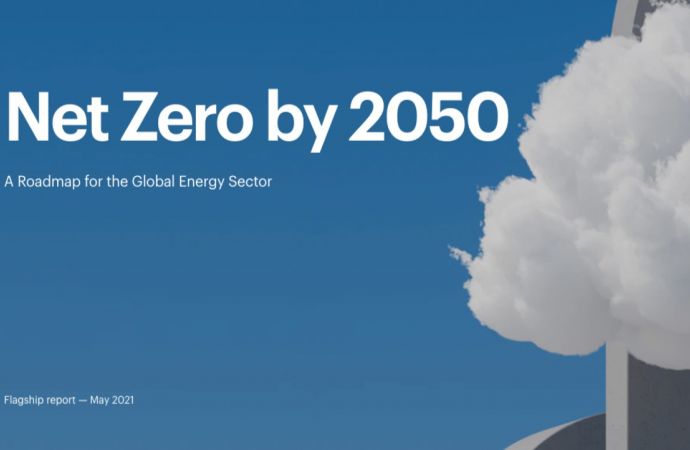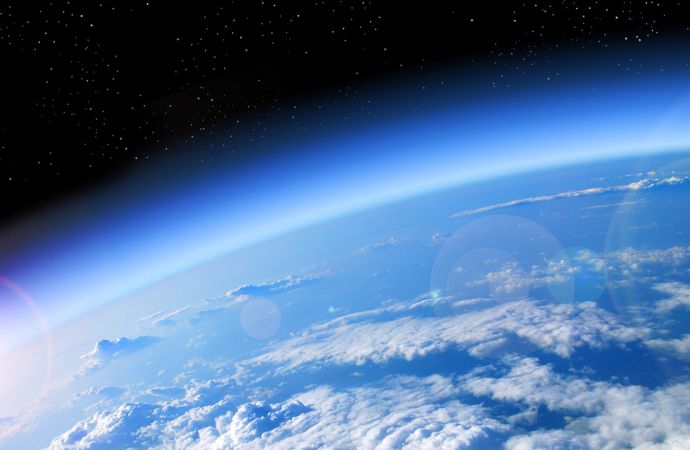The global stock of heat pumps needs to jump 10-fold to 1.8 billion units by 2045, says the International Energy Agency.

The International Energy Agency (IEA), an influential Paris-based global organization that advises governments and corporations on energy policy, released a report on May 18 detailing the potential pathway to net-zero emissions by 2050, including the role of heat pumps.
The IEA called the report – “Net Zero by 2050: A Roadmap for the Global Energy Sector – “the world’s first comprehensive study of how to transition to a net zero energy system by 2050 while ensuring stable and affordable energy supplies, providing universal energy access, and enabling robust economic growth.”
The energy sector roadmap laid out by IEA states that if governments act quickly to boost clean energy and reduce fossil fuel use, they can create “millions” of jobs, lift economic growth and “keep net-zero in reach.”
The report stressed that heat pumps and efficient cooling technologies have important roles to play if the world is to reach the climate goals of the Paris agreement and achieve net-zero emissions.
For example, among its 400+ milestones, the roadmap proposes a ban on the sale of fossil fuel boilers starting in 2025, and states that 50% of building heating demands should be met by heat pumps by 2045.
The roadmap details how the share of existing buildings retrofitted to zero-carbon levels needs to increase from less than 1% currently, to 20% in 2030, and increasing to more than 85% in 2050.
To achieve this, the stock of installed heat pumps needs to more than quadruple from 180 million units in 2020 to 600 million units in 2030, with a 10-fold increase to 1.8 billion units by 2050.
The proposed milestones also include an immediate ban on investments in new fossil fuel projects, and a 2035 ban on the sale of internal combustion engine cars.
Related stories



